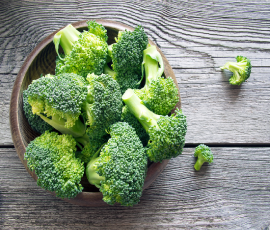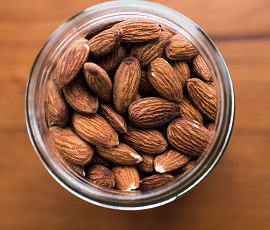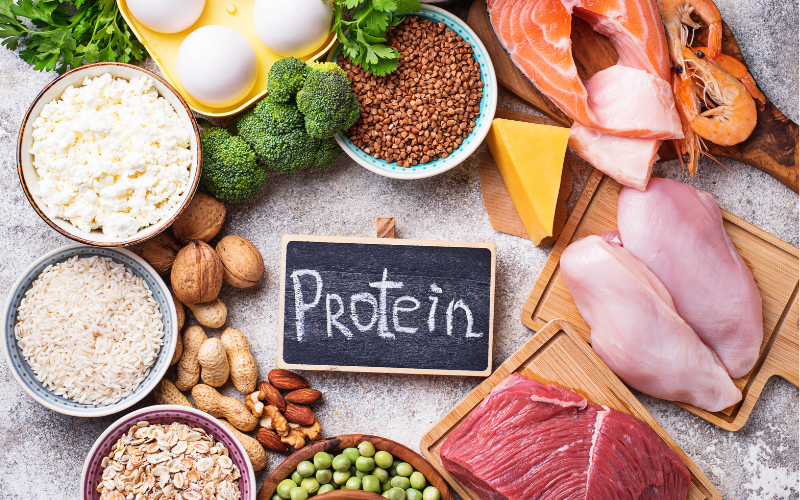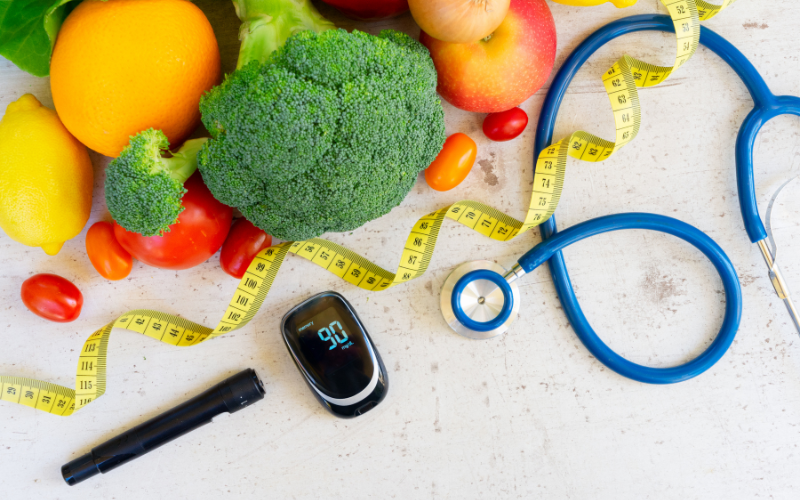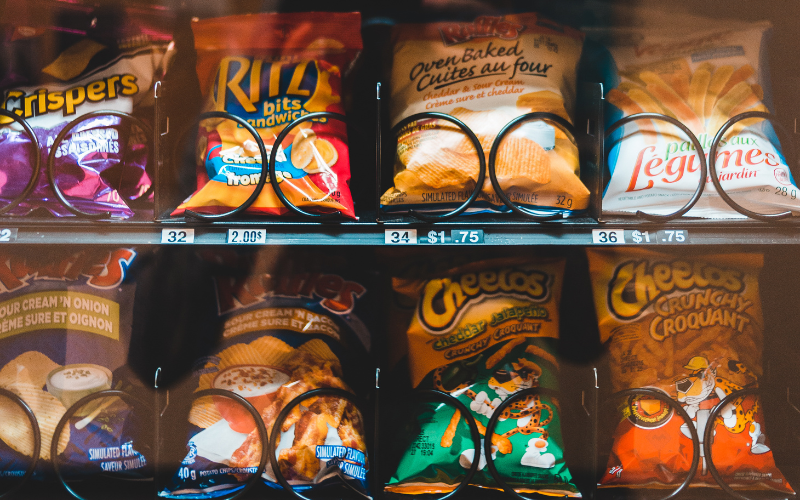Zoe Bingley-Pullin: Sustainable eating - top tips to choosing sustainable food
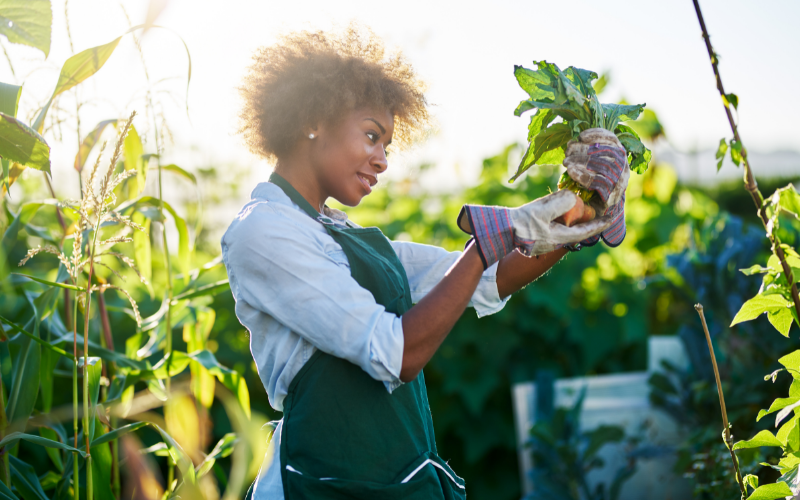
What is sustainable eating?
Sustainable eating is about choosing foods that contribute to a healthy balanced diet while additionally having a low impact on our environment. To define it further would be to say that sustainable diets aim to ensure food security for present and future generations; protect biodiversity; respect cultures; be economically fair; optimise nourishment; plus combat malnutrition and obesity. Sustainable eating is about more than just the food itself – it’s about production, distribution, packaging and consumption.
Research shows the increasing impact of food we eat on the environment and how it adds to climate change. Food production is currently responsible for around 30% of all greenhouse gas emissions, predominantly from animal-based industries. That’s why sustainable eating generally recommends reducing consumption of meat, dairy and eggs, as well as more thoughtful consumption of fish and seafood products.
In recent decades there has been a shift towards plant based foods. This coincides with a trend away from unsustainable farming and food processing practices. This is driven by consumers who firstly, do not support methods that harm our environment. Secondly, there is a stronger desire to improve human health, extend lifespans and eliminate diseases related to overconsumption of processed food.
If you want to adopt more sustainable eating practices, it’s much easier than you think. Here are my top tips to help you get started.
Tips for eating a sustainable diet
- Increase your consumption of plants. Reduce animal food consumption as raising livestock has a greater impact on the environment.
- Eat more variety. Unfortunately 75% of the world’s food supply comes from just 12 plants and 5 animal species so there is an alarming lack of diversity. Eating a diet with a lot more variety helps to reduce over-reliance on particular food types and also improves an individual’s nutritional status. So, next time you’re grocery shopping, look out for more unusual plant and animal foods to try, or better yet, can you grow some of them yourself or find a local supplier in your area?
- Waste less food. Australian’s waste an average of one third of all their food (it ends up in landfill where it generates more greenhouse gas). Meal planning is one simple way to reduce your food waste. Proper storage and/or freezing foods are other ideas.
- Buy according to sustainability standards. One of the best known ones is Fairtrade, which ensures good working conditions and a fair price for producers in developing nations. MSC (Marine Stewardship Council) is another important one to know – their blue fish tick symbol represents seafood’s that are fished from healthy, wild populations to respect habitats, reduce overfishing and ensure there are enough fish for future generations. Others include the ASC (Aquaculture Stewardship Council), RSPO (Roundtable on Sustainable Palm Oil), and RSPCA’s animal welfare standards.
- Grow your own food. If nothing else, it will get you outdoors and give you a hobby. It may also save you money, give you better quality fresher food with less harmful chemicals, help feed a neighbour or friend, reduce food miles and help nature absorb some unwanted carbon from the atmosphere. Good choices are herbs, vegetables, fruit trees or raising chickens or bees. Check your local council website as they are usually full of good ideas, including the location of your nearest community garden if you’ve not got access to a balcony or backyard.
- Eat seasonally. By choosing the foods that are currently in season in your area, you’ll reduce food miles. You’ll also save money as seasonal local produce is less expensive, plus there is evidence to suggest that you’ll nourish yourself better. Yes, that’s right – scientists have discovered that for instance, in Winter, our bodies most need the nutrients that are available from Winter crops and so it goes seasonally. Note that seasonal foods are less likely to have been artificially ripened or stored for a long period of time.
- Buy local. It reduces food miles.
- Reduce plastic use. Opt for packaging free or sustainable alternatives where possible.
- Watch portion sizes. A sustainable diet should be moderate in size, meet your nutritional needs but not heavily exceed them.
- Eat wholefoods. And reduce your consumption of processed foods where possible.
- Backyard basics. Plant species in your garden that are bee friendly garden and support native flora and fauna.
- Reuse drink bottles and coffee cups. Such a simple way for you to help the environment.
- Learn more. There’s a wealth of information out there, here’s just three resources to get you going Sustainable Table, World Wildlife Fund Australia, Australian Food Sovereignty Alliance.
I choose Dietlicious when I don’t have time to cook for myself and my family, as their principles line up with so many sustainability guidelines. Being portion-sized and frozen means less food waste and their local produce sourcing reduces food miles. Dietlicious only use MSC certified fish, free-range chicken and they don’t use palm oil. Plus, their containers are all either recyclable and reusable (plastic containers for frozen items) or compostable (fresh salad containers). For healthy, sustainable ready-meals, what more could you want?

